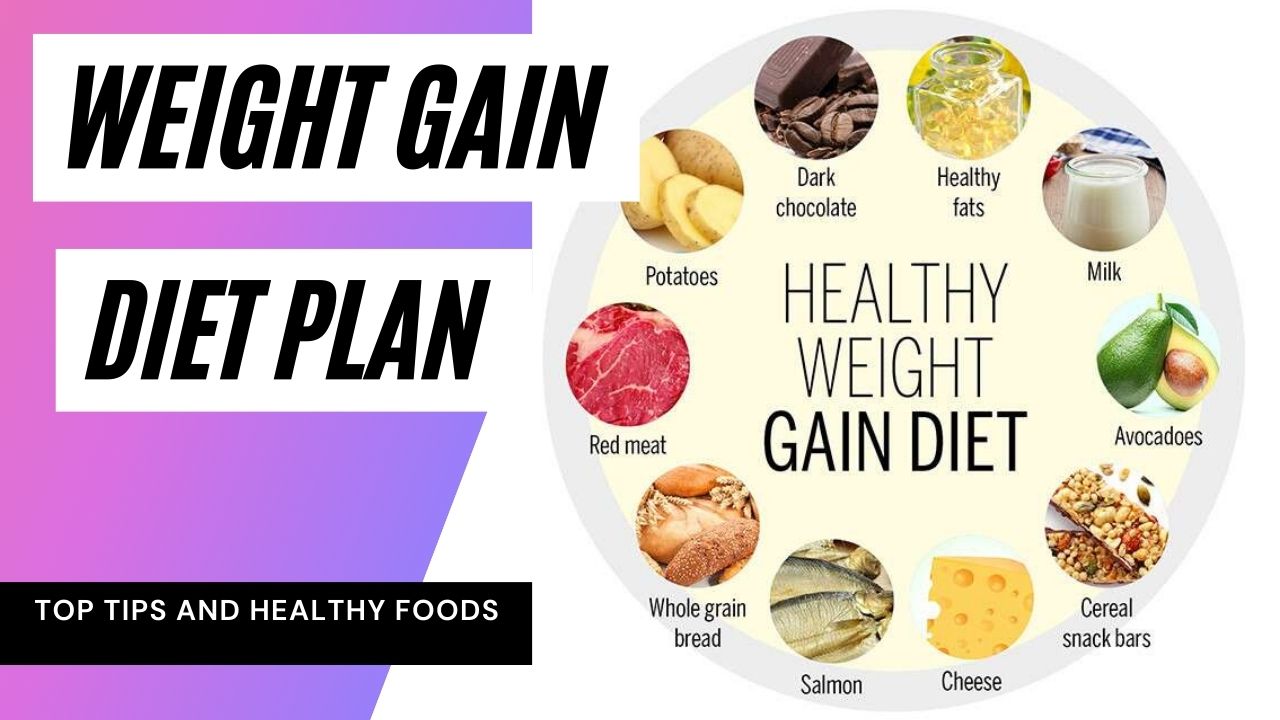Gaining weight in a healthy manner is important for individuals who are underweight. Just like with weight loss, achieving weight gain requires a balanced and mindful approach. This article will provide valuable tips for gaining weight at home in a healthy manner, specifically focusing on home-based strategies. By following these tips, you can achieve your weight gain goals while promoting overall well-being.
Understanding Healthy Weight Gain:
Gaining weight in a healthy manner involves more than just increasing calorie intake. It’s essential to focus on nutrient-dense foods that provide the necessary energy and promote overall well-being. By including lean proteins, healthy fats, complex carbohydrates, and plenty of fruits and vegetables in your diet, you can ensure adequate nutrition while gaining weight. Additionally, engaging in strength training exercises helps build muscle mass, contributing to healthy weight gain. By understanding the principles of healthy weight gain, you can establish a foundation for successful weight gain at home.
. Nutrient-Dense Foods for Weight Gain:
It’s important to focus on consuming nutrient-dense foods that provide the necessary energy and promote overall well-being. Here are some key categories of foods to include in your diet:
1. Protein Sources:
Protein is essential for building and repairing tissues, including muscle mass. Include lean protein sources such as chicken, turkey, fish, eggs, Greek yogurt, cottage cheese, legumes, and tofu. These foods not only provide high-quality protein but also contain other important nutrients like vitamins and minerals.
2. Healthy Fats:
Healthy fats are a concentrated source of energy that can help increase your calorie intake. Opt for foods like avocados, nuts (such as almonds, walnuts, and cashews), seeds (such as chia seeds and flaxseeds), nut butter (like peanut or almond butter), and olive oil. These fats provide essential fatty acids and contribute to the overall nutritional value of your meals.
3. Complex Carbohydrates:
Complex carbohydrates provide a sustained release of energy and are rich in fiber, vitamins, and minerals. Include foods like whole grains (oats, brown rice, quinoa, whole wheat bread), sweet potatoes, whole grain pasta, and beans in your diet. These foods help provide the necessary fuel for your body during weight gain.
4. Fruits and Vegetables:
Although fruits and vegetables are often associated with weight loss, they play an important role in a balanced diet for weight gain too. They provide essential vitamins, minerals, and fiber while adding variety and flavor to your meals. Include a variety of colorful fruits and vegetables such as berries, bananas, oranges, spinach, broccoli, carrots, and bell peppers.
Eating combination of protein, healthy fats, complex carbohydrates, and fruits/vegetables into your meals and snacks will ensure a well-rounded, nutrient-dense diet to support healthy weight gain at home.
. Meal for Weight Gain
Meal planning is a valuable tool when it comes to achieving healthy weight gain at home. Here are some tips for meal planning to support weight gain:
1. Breakfast:
Start your day with a nutritious and calorie-dense breakfast. Include a combination of protein, complex carbohydrates, and healthy fats. For example, you can have a bowl of oatmeal topped with nuts, seeds, and berries, along with a side of Greek yogurt or eggs. Consider adding a glass of milk or a protein smoothie for an additional calorie boost.
2. Lunch:
For lunch, aim to have a balanced meal that includes lean protein, whole grains, and plenty of vegetables. Consider options like grilled chicken or fish with brown rice or quinoa, along with a generous portion of steamed or roasted vegetables. Add a source of healthy fats like avocado or olive oil to enhance the calorie content.
3. Dinner:
Similar to lunch, focus on incorporating a variety of nutrients into your dinner. Include lean protein sources such as lean beef, poultry, or tofu. Pair it with whole grain pasta, sweet potatoes, or a mix of roasted vegetables. Don’t forget to add a source of healthy fats like nuts or seeds to increase the calorie density.
4. Snacks:
Include nutrient-rich snacks between meals to increase your calorie intake. Opt for snacks that combine protein, healthy fats, and carbohydrates. Examples include Greek yogurt with fruits and nuts, peanut butter on whole wheat crackers, or a trail mix with dried fruits and seeds. Drinking a calorie-rich smoothie or protein shake can also be a convenient and effective snack option.
. Eating Habits to Promote Weight Gain
When aiming to gain weight in a healthy manner, developing good eating habits is crucial. Here are some habits to adopt to support weight gain at home:
1. Regular and Consistent Meals:
Establish a routine of eating regular meals throughout the day. Aim for three main meals and incorporate snacks in between if needed. Consistency in meal timing helps ensure you meet your calorie goals and provides your body with a steady supply of nutrients.
2. Mindful Eating:
Practice mindful eating by paying attention to your body’s hunger and fullness cues. Slow down and savor each bite, fully engaging your senses in the eating experience. This can help prevent overeating and promote better digestion. Focus on the taste, texture, and enjoyment of the food.
3. Hydration:
Stay hydrated throughout the day by drinking an adequate amount of fluids. Water is the best choice, but you can also include other beverages like milk, 100% fruit juices, smoothies, and herbal teas. Proper hydration supports overall well-being and can help maintain a healthy appetite.
4. Balanced Macros:
Ensure your meals contain a balance of macronutrients – proteins, carbohydrates, and fats. Proteins support muscle growth, carbohydrates provide energy, and healthy fats contribute to calorie density. Include a source of protein (such as lean meats, poultry, fish, dairy, legumes) with each meal, along with complex carbohydrates (whole grains, starchy vegetables) and healthy fats (nuts, seeds, avocados, olive oil).
By adopting these eating habits, you create a conducive environment for healthy weight gain.
. Strength Training and Exercise for Weight Gain
1. Resistance Training
This includes using free weights, weight machines, resistance bands, or your body weight. Focus on compound exercises that target multiple muscle groups simultaneously, such as squats, deadlifts, bench presses, and rows.
2. Compound Exercises
Incorporate exercises like squats, lunges, deadlifts, bench presses, shoulder presses, and pull-ups into your routine. These exercises promote strength, increase muscle mass, and stimulate the release of anabolic hormones.
3. Rest and Recovery
Your muscles need time to repair and grow stronger after intense workouts. Aim for at least one or two rest days per week. During this time, focus on stretching, foam rolling, and engaging in light activities such as walking or yoga to aid in recovery.
Conclusion:
Remember, healthy weight gain takes time, consistency, and patience. It’s important to consult with healthcare professionals or registered dietitians to receive personalized guidance and support based on your specific needs.
By adopting these healthy habits and making them a part of your lifestyle, you can achieve your weight gain goals and improve your overall well-being. Embrace the journey, celebrate your progress, and stay committed to long-term success


